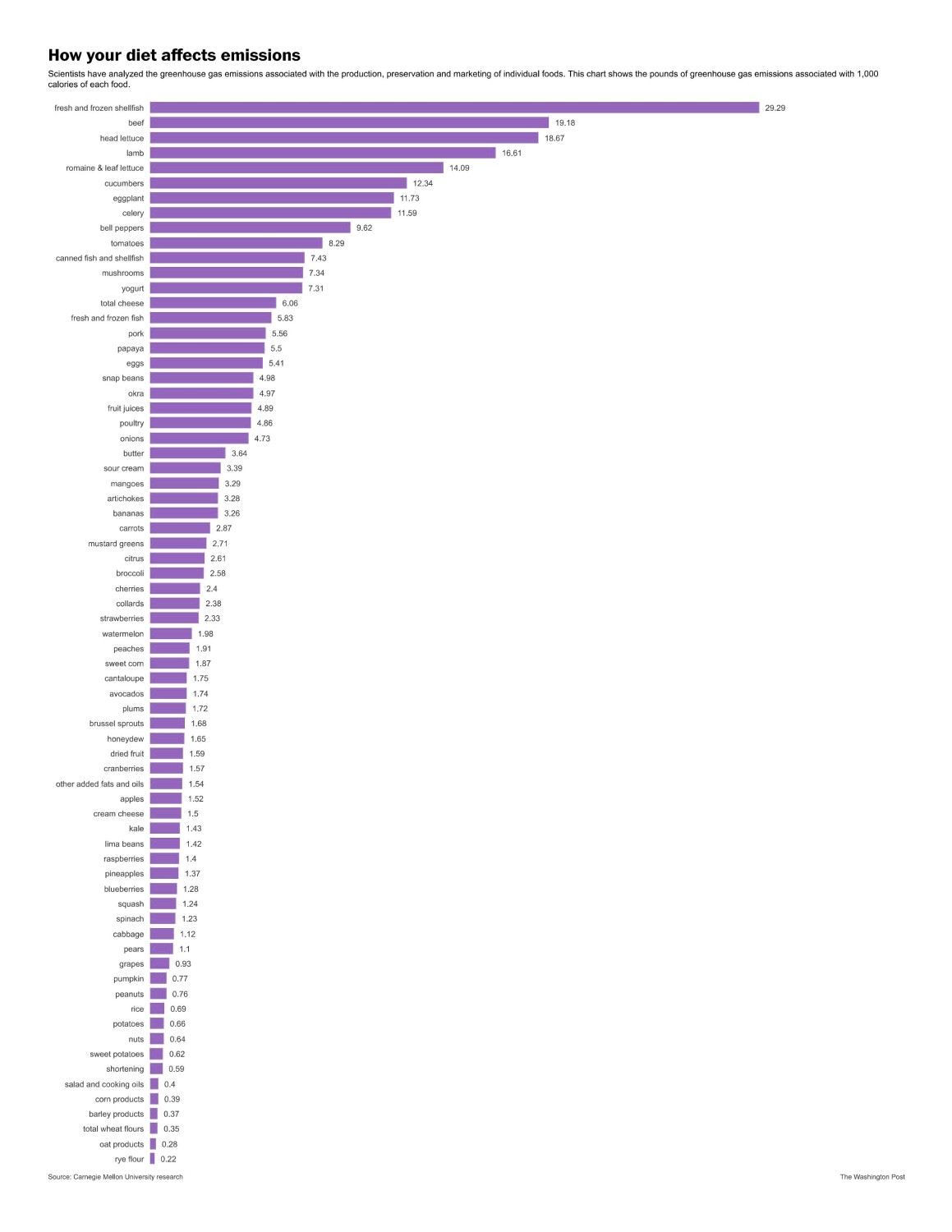Originally posted on LinkedIn
Is veganism sustainable? Whilst conventional wisdom would have you think so, a rethink may be in order. An article published in the Washington Post details how a number of studies including one by Carnegie Mellon University, undermines this conventional wisdom. For example, studies by Fischbeck & Tom show that 40 percent or more of fruit goes to waste, whereas only about 33 percent of meat does.
Although most scientists agree that beef, in particular, may be unsustainable, there is no such consensus for other meats. The amount of land and grain used to produce a pound of beef, as well as the volume of methane the animals produce in greenhouse emissions is clearly unsustainable. According to an article in the Proceedings of the National Academy of Sciences, beef production is about one order of magnitude more resource-intensive than alternative livestock categories.
In another Cornell University study, published in the American Journal of Clinical Nutrition in 2003, it is stated that “meat-based food system requires more energy, land, and water resources than the lactoovovegetarian diet”. This flies in the face of the recommendations of the Dietary Guidelines for Americans which indicated that diets including less meat are better for the environment. To complicate matters, a 2013 French study published in the American Journal of Clinical Nutrition found that some diets “containing large amounts of plant-based foods” had the highest levels of greenhouse gas emissions.
With so many contradictory results, who are we to believe? As in most studies, one has to delve into the finer points to discern what is really being evaluated. Assumptions vary and hence do results. Specifics are important here. Some vegetarian diets produce higher greenhouse emissions than meat. The environmental costs of production of food and wasted food also ought to be included. As they say, it is all in the details. Thus I encourage you to read the studies carefully and fully before coming to conclusions.

In summary, one can say, the jury is still out, and alternatives such as meatless burgers should also be considered. What the studies clearly do reveal, is that there’s a complex relationship between diet and the environment and what’s good for you is not necessarily good for the planet. What do you think?ow do we determine which combination of business model patterns are likely to succeed? What strategy makes a business sustainable? What is known is that alongside product and process, innovations of the business model – known as business model innovation – towards sustainability does lead to sustainable business models (Schaltegger et al. 2016). Successful business model innovation is a process of ideation, implementation, and impetus towards sustainable business models (Breiby & Wanberg 2011). Thus measuring and reporting the effects of business model innovation holds the key to understanding long-term sustainable business success.
Is the well-being of people and planet important to you?
Discover how THRIVE Platform can help you contribute to a prosperous future for all of humanity.

